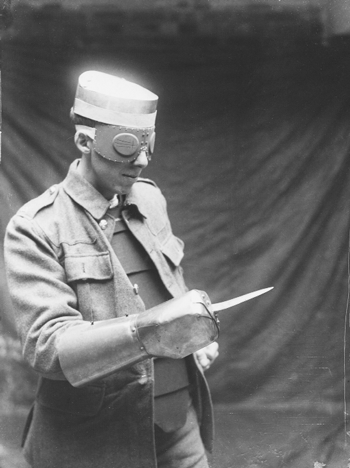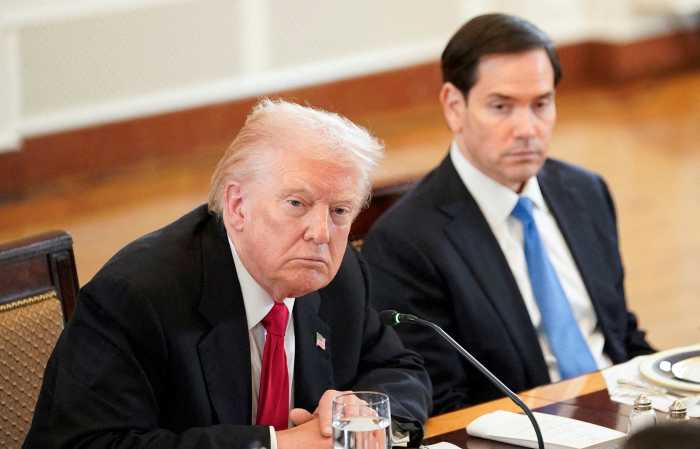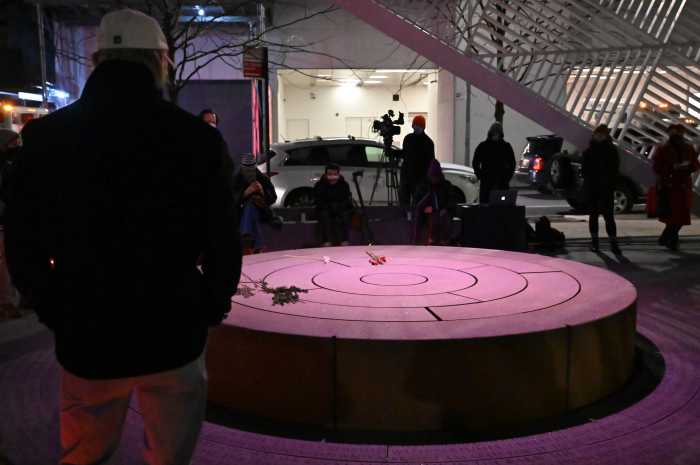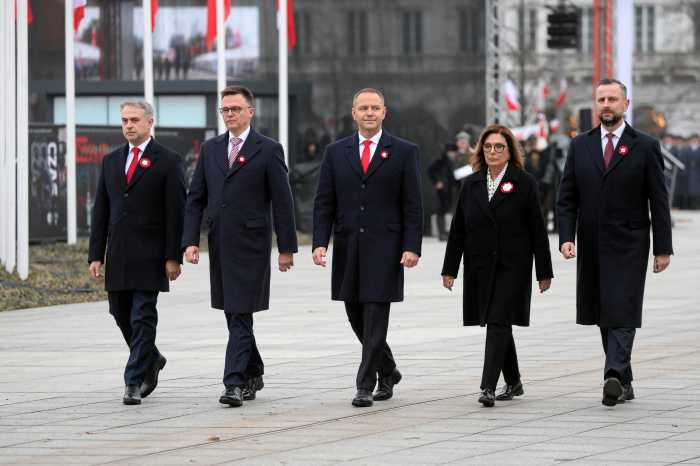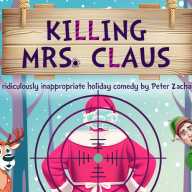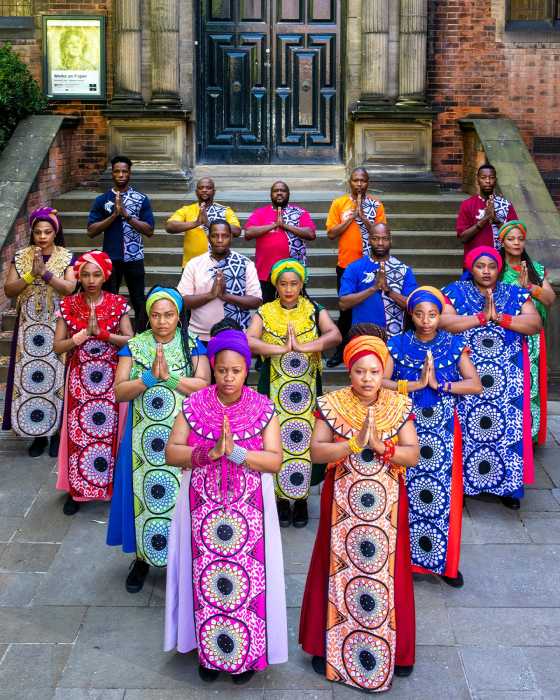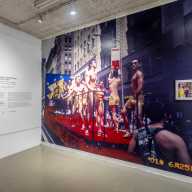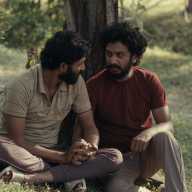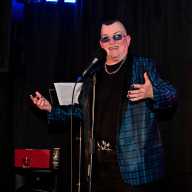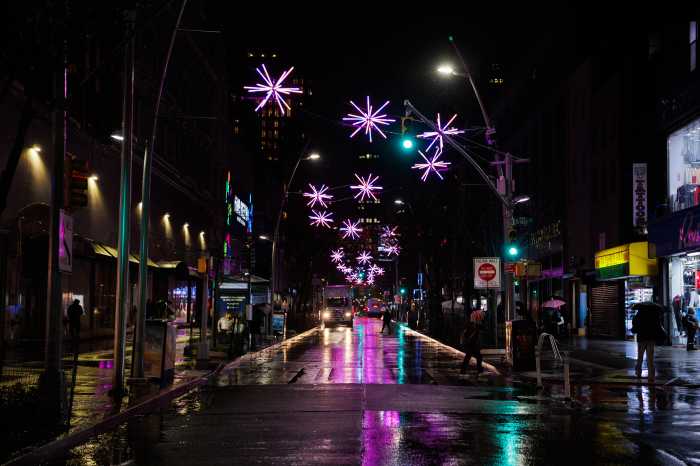Artists circle their collaborative wagons against the wages of fear
Eileen Myles has been hailed as the “rock star of modern poetry” by Bust Magazine and “a cult figure to a generation of post-punk females” by The New York Times, but her latest project promises to cast the queer poet, performance artist, and author in a significantly different musical light.
In partnership with long-time friend, composer, and recording artist Michael Webster, Myles has set out to transform the traditionally conservative realm of opera into a vehicle for social, political, and artistic change with her first libretto, titled “Hell,” which focuses on the necessity of community and artistic expression in an era of increasing disengagement and media misinformation.
A preliminary, workshop version of the one-act opera—which will be performed for10 days at PS 122, directed by David Chambers and conducted by Jonathan Yates—premiered just prior to the 2004 presidential election at St. Mark’s Church, before touring in San Francisco, Los Angeles, and Tijuana, Mexico.
“We were in a panic to get it heard for the 2004 election,” commented Webster, who initially approached Myles with the prospect of collaborating on an opera not long after George W. Bush first took office in 2000.
“I wanted to write something political and I trusted her political instincts,” Webster emphasized.
“We both felt that we were living in a very conservative time,” echoed Myles.
The latest performance of “Hell” will feature nine opera singers, including award-winning soprano Juliana Snapper, tenor Matthew Chellis, and baritone David Adam Moore, as well as a chamber ensemble and an interactive video projection scheme by video artist Peter Flaherty.
Prior to working with Myles on “Hell,” Webster had set several of her poems to rock music, but “felt hemmed in by songs.”
“You can’t develop an argument [with songs],” observed the composer. “I wanted to do something bigger—I wanted a contemporary English libretto [by] someone who was not writing from within the institution.”
Webster also indicated that he was interested in moving beyond the traditional perception of rock and roll as the “official language of protest.”
“If we want opera to be something that’s part of our culture, it has to speak about our issues [and] it has to be less highfalutin,” said Webster, who added that Myles’ writing style seemed especially suited to this purpose.
“Eileen’s writing uses the most natural, unaffected language you can find in poetry; her words pile up and that’s very sympathetic to my way of writing [music],” he asserted. “She was kind of my dream poet.”
For Myles, who has been active in the New York City poetry scene since 1974 and has published several books of poems, as well as one novel and a book of short, autobiographical tales, writing a libretto was new terrain.
“I [approached it] as a poetic vehicle and a political one,” explained the writer.
The text of “Hell” is based loosely on Dante’s “Inferno” and tackles the modern-day issues of detachment and indifference, choosing as its backdrop a “nameless future” identified as “Constant”—ruled by a George W. Bush clone named “Father Tree”—where the temperature and time are “constant,” and, as one character puts it, “it’s always time to sell.” Other characters include a censored gnome modeled upon Noam Chomsky and a thoroughly disoriented female poet named Raphael.
Despite the sophisticated scale of the production and the classically-trained performers, the language of “Hell” remains true to Myles’ unadorned poetic voice, creating an unusual blend of vernacular and operatic intonation. “Hearing my words sung in an operatic voice makes people laugh,” Myles pointed out.
In addition to being funny, Webster and Myles repeatedly stressed that “Hell” is in large part meant to foster community in a culture that seems ever more dependent on its annihilation.
“It’s like walking down the streets of New York and seeing everyone on cell phones—wouldn’t it be great if we were all in the same conversation?” Myles conjectured, going on to underscore the importance of physical presence in a “wireless” age—“We need live performance more than ever. We need a gathering space.”
Webster expanded on this concept, suggesting that “one of the big messages [of ‘Hell’] is that we can all be in the room together, that community is possible in the arts.
“It’s a picture of a collaborative enterprise. It’s talking about the necessity of speaking outside of the official language in order to make connections—if we can’t do that, then we’re living in Hell.”
gaycitynews.com

